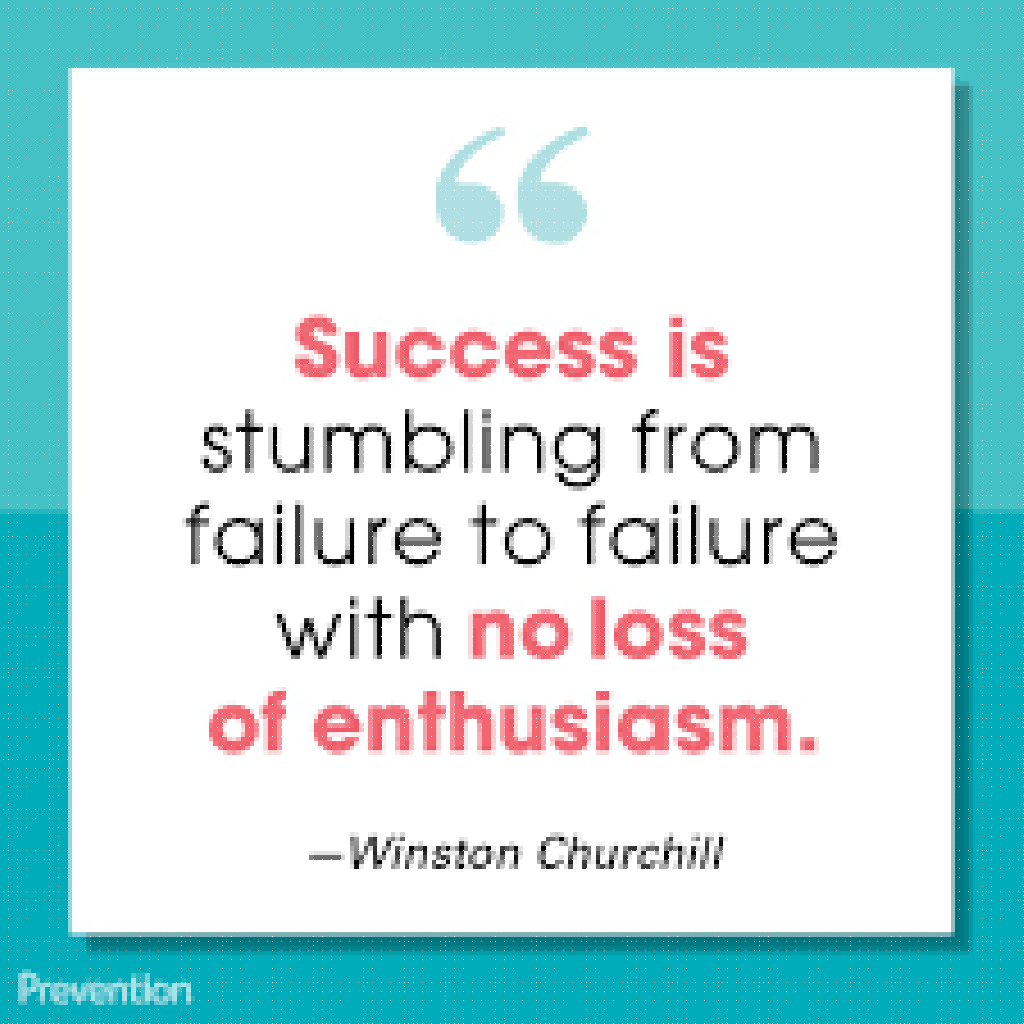Key Takeaways:
- A strong entrepreneurial vision paired with strategic planning lays a solid foundation for long-term business success.
- Effective risk management and a clear customer value proposition are crucial for navigating the challenges of entrepreneurship.
Effective Risk Management and Creating Customer Value Propositions in Entrepreneurship
In the dynamic landscape of entrepreneurship, understanding how to navigate risks and effectively create customer value propositions is essential for any aspiring business owner. This article delves into how these two elements interconnect and why they are vital for sustained success in a competitive environment. By synthesizing risk management strategies with robust customer value propositions, entrepreneurs can better position their ventures for growth and resilience.
What is Risk Management in Entrepreneurship?
Risk management involves identifying, assessing, and prioritizing risks followed by the coordinated application of resources to minimize, monitor, and control the impact of unfortunate events. For entrepreneurs, risk is an unavoidable part of the journey. However, managing it effectively can distinguish a successful business from one that struggles to survive.
The Importance of Effective Risk Management
Making informed decisions requires a careful evaluation of potential risks. Here are some aspects to consider:
- Risk Identification: Understanding the different forms of risk—such as financial, operational, reputational, and market risks—can help entrepreneurs prepare for unforeseen challenges.
- Risk Assessment: This involves both qualitative and quantitative analysis to estimate the likelihood and potential impact of risks on business operations.
- Response Planning: Developing strategies to mitigate risks enhances an entrepreneur’s ability to manage crises. Options may include avoiding the risk, transferring it, mitigating it, or accepting it when necessary.
By taking the time to plan for potential risks, entrepreneurs can significantly reduce uncertainty, making their business more appealing to investors, stakeholders, and customers.
How Does Customer Value Proposition Tie In?
A customer value proposition (CVP) articulates the unique value that a business offers its customers, addressing their needs and problems effectively. The CVP is a core element of a successful entrepreneurial strategy, as it directly impacts customer decision-making. Here’s how it connects with risk management:
- Transparent Communication: A well-defined CVP strengthens relationships with customers by clearly communicating the benefits of products or services.
- Mitigating Risk through Value Delivery: When a business delivers exceptional value, it can minimize the risk of losing customers to competitors.
- Insightful Data Collection: Understanding customer feedback not only helps refine the CVP but also reveals insights for managing operational risks.
By focusing on what customers value, entrepreneurs can adapt to changing market conditions, thereby reducing potential risks that stem from misunderstandings or unmet expectations.
What Makes a Strong Customer Value Proposition?
For a CVP to be effective, it should meet several criteria:
- Relevancy: It must address specific customer pain points or desires that competitors may overlook.
- Differentiation: It should highlight what sets your offering apart from others in the market.
- Clarity: Avoid jargon; the CVP should be straightforward and easy to comprehend.
- Quantifiable Benefits: Demonstrating tangible results can significantly enhance the proposition.
- Credibility: Ensure that what you promise aligns with what you deliver.
Examples of Strong Customer Value Propositions
Exemplifying successful CVPs can shed light on effective strategies:
- Problem-solving: A service that simplifies processes or saves time can stand out, appealing strongly to busy entrepreneurs.
- Unique Experiences: Creating a personalized experience that resonates with target customers can foster loyalty and encourage word-of-mouth referrals.
- Expertise: Positioning the business as an authority in a particular niche can enhance consumer trust, making it easier to win their business.
How Can Entrepreneurs Create and Test Their CVP?
Developing a customer value proposition involves more than initial brainstorming. Entrepreneurs can use the following strategies to refine their statements:
- Market Research: Conduct surveys and interviews to gather customer opinions and insights about their desires and pain points.
- A/B Testing: Test different value propositions across various channels to gauge which resonates most effectively with your target audience.
- Iterate: Use customer feedback to make continuous improvements to the CVP, ensuring it stays relevant.
Conclusion
Risk management and a compelling customer value proposition are closely intertwined. Entrepreneurs who effectively manage risks while delivering strong CVPs create resilient businesses capable of adapting to market changes. By investing time in understanding these concepts, entrepreneurs can lay a strategic foundation that not only addresses potential threats but also appeals to customers, ensuring long-term success.
The entrepreneurial journey is filled with challenges, but with effective strategies in place, risks can be managed, and businesses can thrive, ultimately leading to greater innovation and success.











